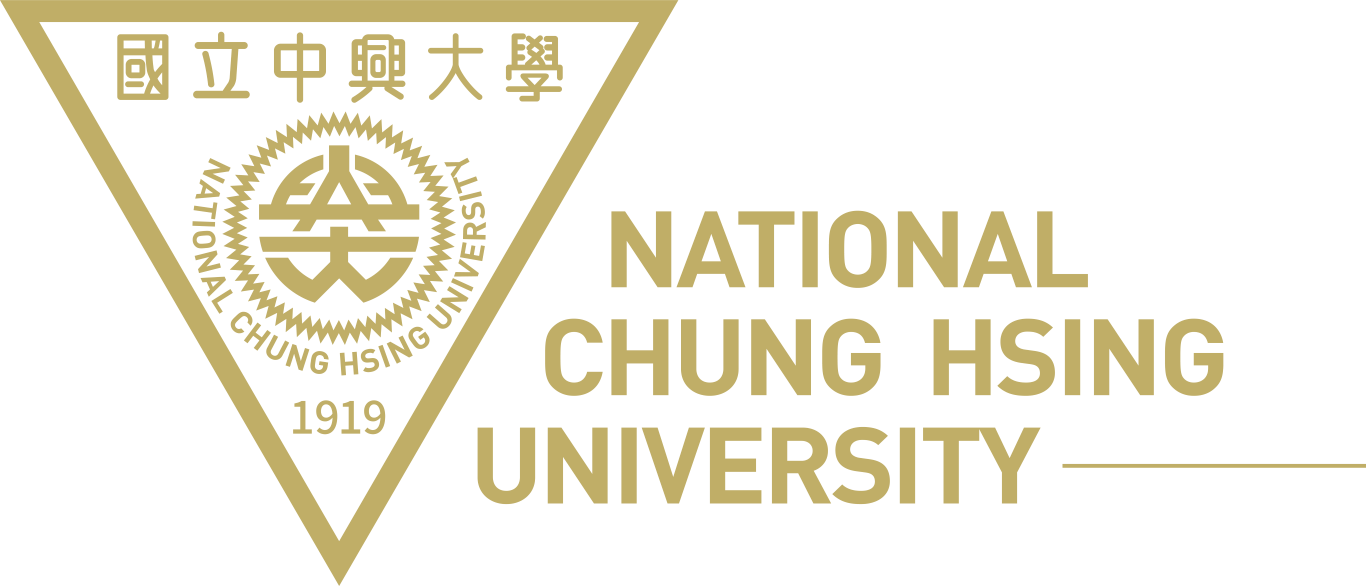Reimbursements from the University are processed online. Users may log onto the online system through a web browser to handle matters related to procurement requests, reimbursement, procurement management, and budget inquiries. See below for more details:
1. Create an account: Log into the NCHU EZ-Come System > Online procurement requests > Check the functions you wish to enable > Automatic processing by the system > Procurement account created by the Office of Accounting.
2. Request a project number: You must request a project number in order to use any budget. All budget accounts are reserved for their intended use only and are identified by an internal project number. For example, NSTC project numbers are in the format of “111BXXXX”. Please have your project number ready when contacting the Office of Accounting in order to be referred to the competent case officer.
3. Procurement of property and reimbursement for travel expenses: NCHU Homepage > Office of Accounting website > Click on the application link (https://acc93.nchu.edu.tw/apswis_q/login_l_q.asp or https://acc95.nchu.edu.tw/apswis_q/login_l_q.asp ,for Academy of Circular Economy https://aceacc.nchu.edu.tw/APSWIS_Q/Login_L_Q.asp) > Log into the system with your credentials (your default password will be notified via email).
4. Print out the expenditure receipts form:
1) Prepare the form in the system, print it out, and attach invoices or receipts (original copies only) to the form.
2) The Division of Property Operation Management, General Affairs Office will be notified of procurements property and non-consumables. The NCHU Library will be notified of procurements of books. The Computer and Information Network Center will be notified of procurements of computer soft- and hardware. The Division of Procurement, General Affairs Office will be notified of centralized procurement cases.
3) Reimbursements with a value of NT$150,000 or less should be signed off on by the unit director, processed by the aforementioned units, and submitted to the Office of Accounting for approval. Cases with a value of over NT$150,000 must be approved by either the NCHU President or an authorized proxy.
5. Personnel salaries and subsidy filings: NCHU Homepage > Quick Links > Personal Income Reporting (via the NCHU Single Sign-On).

